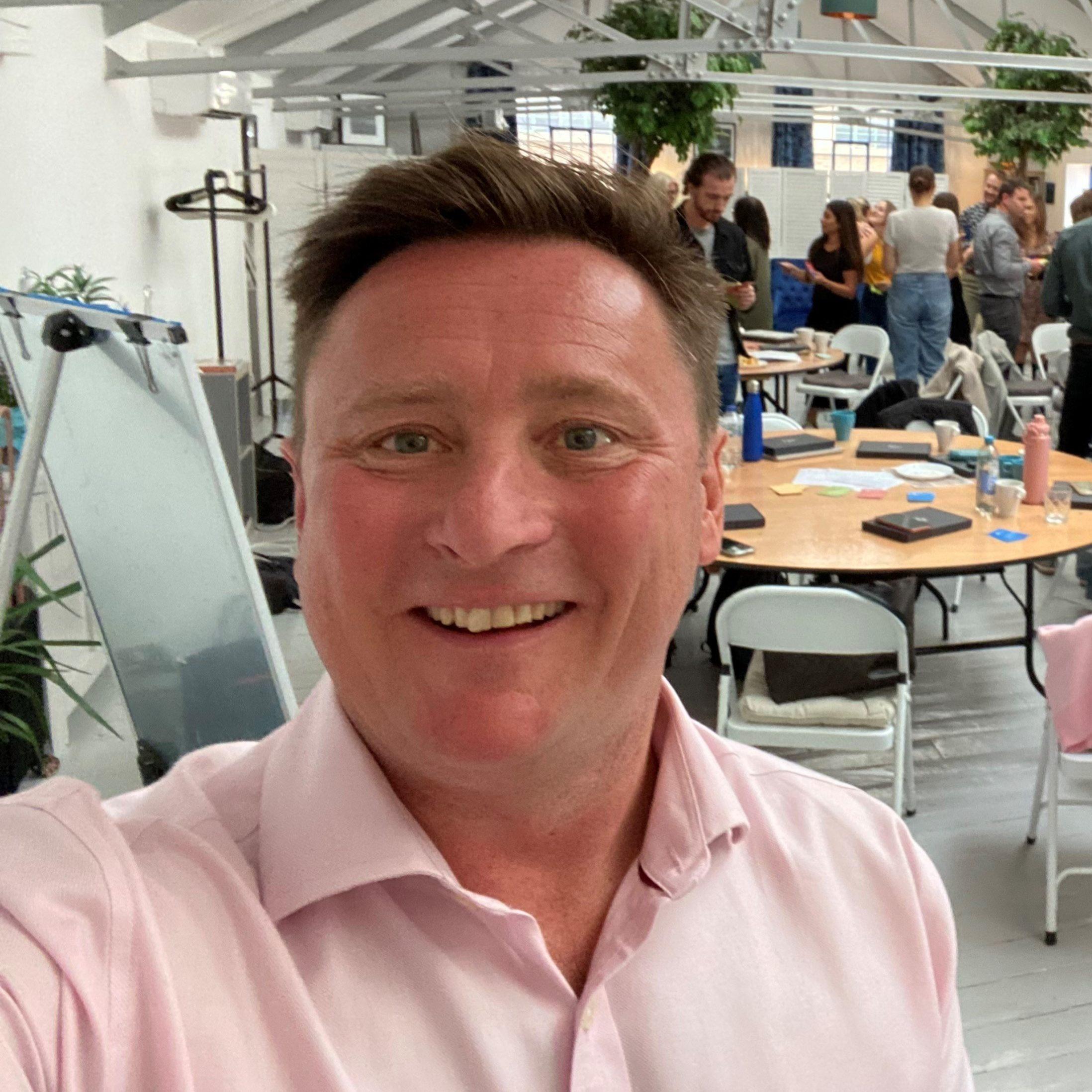Insights have carried out user research activities to examine their products and services, with the aim of building an inclusive and accessible offering by working with a UK charity to understand the requirements of people with varied needs. This engagement has helped inform improvements to the content of the evaluator instructions and the phrases within the online evaluator. The Insights team has also produced a checklist of best practices for facilitators to deliver more inclusive and effective experiences.
Read Time: 3 minutes
24 May 2023
Insights Discovery
What is Neurodiversity?.
The term 'Neurodiversity' was first coined by Australian sociologist Judy Singer in 1998. The term recognises that everyone's brain develops, wires and becomes structured in a unique way - no two brains are the same, much like fingerprints!
When someone is Neurodivergent their brain is structured in a way that's different to a more common design. They think, behave and learn differently from those who are known as 'normal' (or Neurotypical). This uniqueness has piqued the interest of behaviouralists and psychometricians and the impact it might have on the validity of profiles such as The Insights Discovery personal profile.
Insights have also carried out broader accessibility testing on the new digital version of the evaluator. This included both people with disabilities and people with neurodiverse conditions (e.g. dyslexia, dyspraxia, ADHD and Autism). The findings from this testing have highlighted several recommended changes to the evaluator, which they are in the process of implementing.
Additionally, there is other ongoing work by the design and development teams to improve the accessibility of Insights’ digital products. The new customer platform is being built with accessibility in mind and aiming for WCAG 2.1 AA compliance. They are also aiming to continuously audit the accessibility of the model for continuous improvement.
Validation has typically been focused on neurotypical populations that they tend to work with, with data drawn from the commercial completions of the evaluator that subsequent analysis is completed on. Validation work with neurodiverse populations is part of their future plans as they work towards a more inclusive and accessible experience for everyone.
However, there is perhaps no reason why a particular neurodiversity would be a limiting factor in terms of the accuracy of results. There are instances where the amount of cognitive decision-making (M, L and 2 unique scores x 25 frames) means that some people may need more help/assistance in completing the evaluator and subsequently interpreting their results. But this would perhaps point towards more of an accessibility factor than a measurement problem.
- In terms of facilitating the experience with learners who are neurodivergent, the following recommendations are available if requested:
- A facilitator will reach out to the delegate and seek to establish their individual needs prior to a session (where it has been disclosed).
- So that the learner gets the best possible experience, the following generic steps will be taken:
- We will offer support when completing the evaluator to help the respondent relate the word pairings and their meaning to situations or work-based scenarios. The evaluator is not timed, so the individual can research, reflect or even take a break if needed. There is also a paper copy of the evaluator that can be supplied if preferred.
- We aim to ensure that plain language is used rather than figures of speech, idioms or technical jargon along with being clear around expectations and limiting the element of surprise.
- We will make slides and presentations uncomplicated, in neutral colours where possible and easy to read with defined font without flicks or tails.
- We will ensure regular breaks are taken and the facilities have space for quiet reflection, natural light and fresh air where possible.
- We will offer notes, handouts or pre-briefings on material so that any requirements can be met.
If you have any questions or feedback please do not hesitate to contact us directly by clicking on the tab below
Our areas of specialism.
Coaching.
-
Self-awareness
-
Resilience
-
Personal Development
-
Change
-
Decision making
-
Growth mindset
Team development.
-
Hybrid team working
-
Communication
-
Meetings
-
Feedback
-
Collaboration
-
Trust
Leadership development.
-
Leadership styles
-
Psychological safety
-
Leading change
-
Mission, vision, values
-
Culture
-
Mentoring
